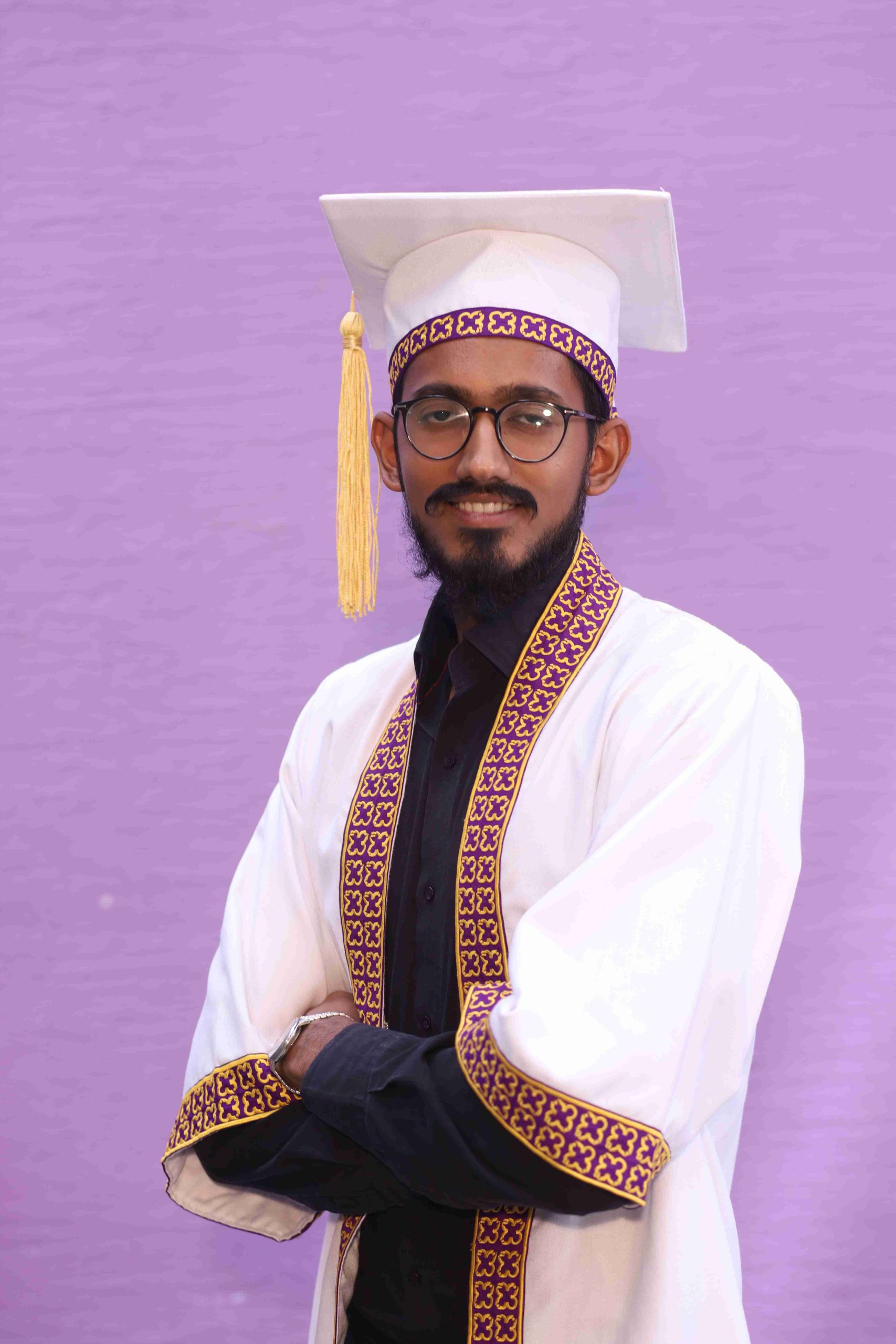
Abdullah Siddiqui
Aspiration Statement
As an aspiring econometrist, I want to hone my analytical skills, deepen my knowledge of quantitative methods, including the use of STATA, to provide meaningful insights into economic and business decisions.
Core Skills
- Communication Skills
- Interpreting Quantitative Models
- Power BI
- Qualitative Research Skills
- R
- STATA
- Time Management
- Problem Solving
Academic Awards / Achievements
- Merit Scholarship, Habib University 2019 – 2023
- A ‘Levels Scholarship, Credo College 2017 – 2019
Experience
Leadership / Meta-curricular
- Vice President, Arts and Cultural Club
- Attended Youth Leadership Entrepreneurship Summit at LUMS
Internship / Volunteer Work
- Peer Tutor for STATA Workshops, Habib University (October 2022 – December 2022)
- Teacher for Economics and Mathematics, Credo School (February 2021 – June 2021)
- Teaching Assistant for Data Analytics, Habib University
Final Year Project
Project Title
Do Displacements After Disasters Lead to an Increase in Crime Rates: A Case Study of Karachi
Description
Natural disasters have occurred multiple times in Pakistan, resulting in the displacement of large numbers of residents to other cities, including Karachi. A diverse city in terms of language, ethnicity, and religion, Karachi also faces resource scarcity. This paper uses a time series analysis approach from 2011 to 2022 to study the causal impact of internally displaced people (IDP) on the crime rate in Karachi. Media speculation suggests that such large-scale population displacements can lead to increased crime in recipient communities like Karachi. The data presented in this paper shows a persistent rise in overall crime in Karachi, but it does not coincide with the occurrence of a disaster. Therefore, it can be concluded that the disaster-related diaspora did not result in a dramatic increase in crime in Karachi.